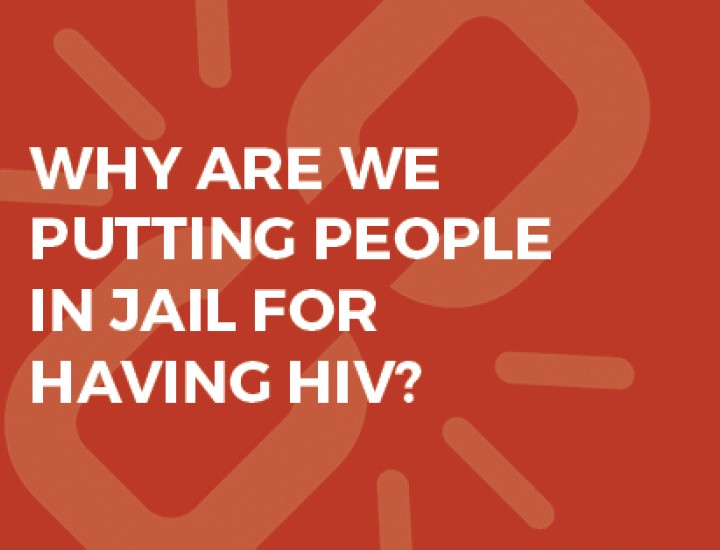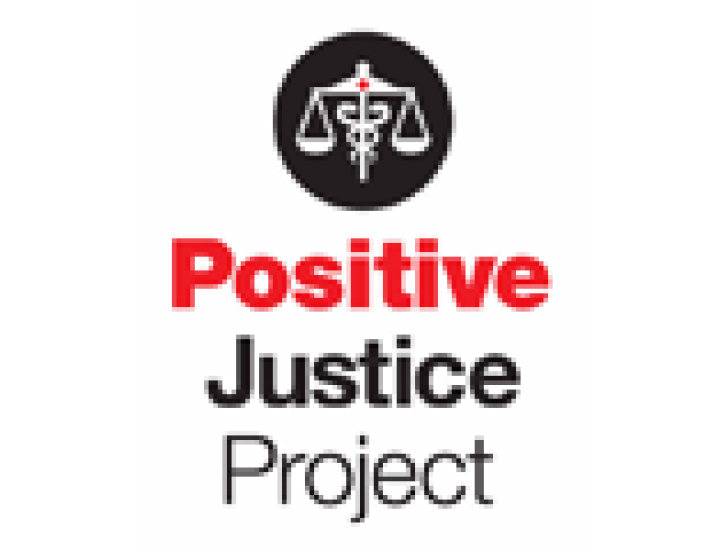Published January, 2014
A Lamentable Example of Overcriminalization: HIV Criminalization, The Champion, Norman L. Reimer (2013)
This article by Norman L. Reimer, Executive Director of the National Association of Criminal Defense Lawyers (NACDL), was originally published in The Champion. In the article, Reimer seeks to correct the omission of a glaring example of overcriminalization--HIV criminalization--overlooked by a bi- partison Congressional Taskforce on Overcriminalization as well as NACDL’s own reform agenda. As an organization that has led the fight to ensure adequate mens rea requirements in all criminal statutes, Reimer outlines why the fight to end HIV criminalization will be high priority for the NACDL. Describing HIV-related prosecutions as flawed and misguided because of their focus on individuals' HIV-positive status and engagement in certain sexual activity rather than on actual risk of trans- mission, he joins the call for reform of criminal statutes the criminalize people living with HIV. He argues that such laws are classic examples of overly expansive criminalization because they make knowledge of status a key element of an HIV-related crime rather intent and capacity to transmit the virus.
Reimer credits being an observer on behalf of the criminal defense bar at a National Prosecutors Roundtable on HIV Criminalization Law and Policy as prompting his engagement on this issue. The National Prosecutors Roundtable on HIV Criminalization and Policy is an ongoing project sponsored by the Association of Prosecuting Attorneys (APA) and the Center for HIV Law and Policy (CHLP) in which prosecutors are reviewing the underlying science related to the virus, current approaches to HIV-related criminal laws, and considering best practices going forward.
Copyright Information: CHLP encourages the broad use and sharing of resources. Please credit CHLP when using these materials or their content. and do not alter, adapt or present as your work without prior permission from CHLP.
Legal Disclaimer: CHLP makes an effort to ensure legal information is correct and current, but the law is regularly changing, and the accuracy of the information provided cannot be guaranteed. The legal information in a given resource may not be applicable to all situations and is not—and should not be relied upon—as a substitute for legal advice.

